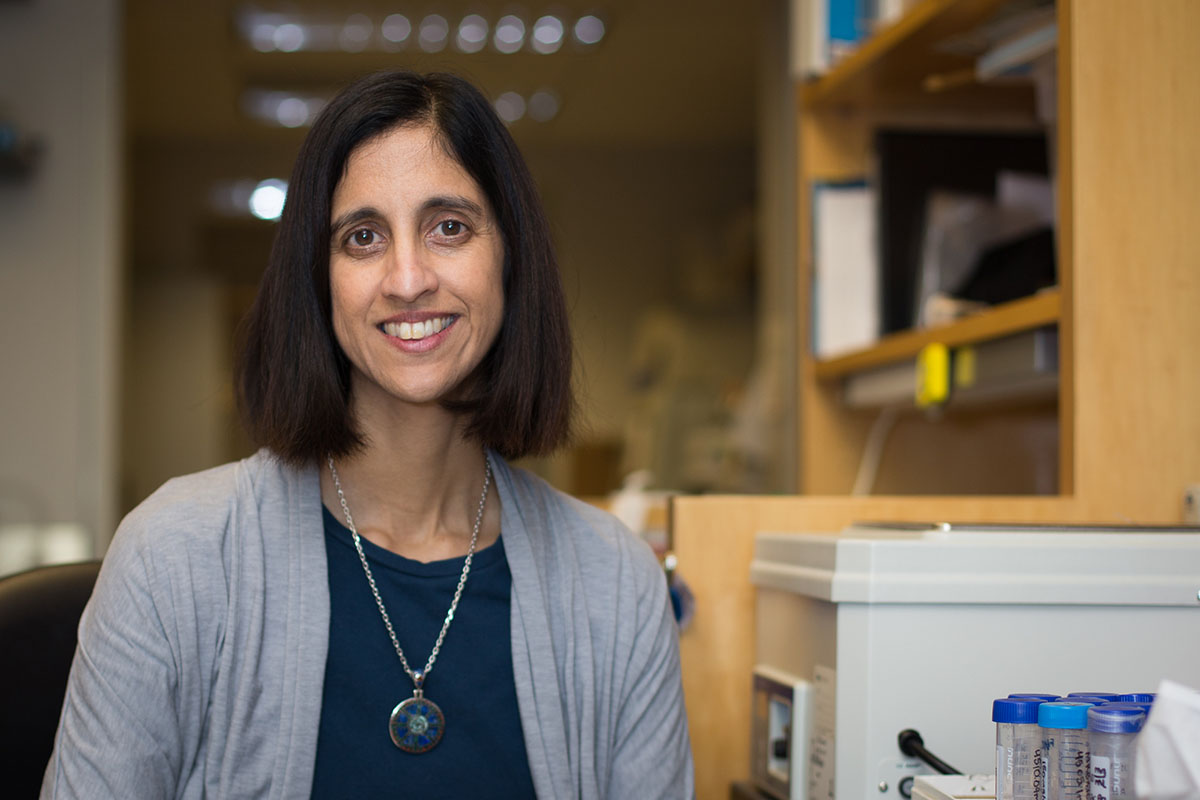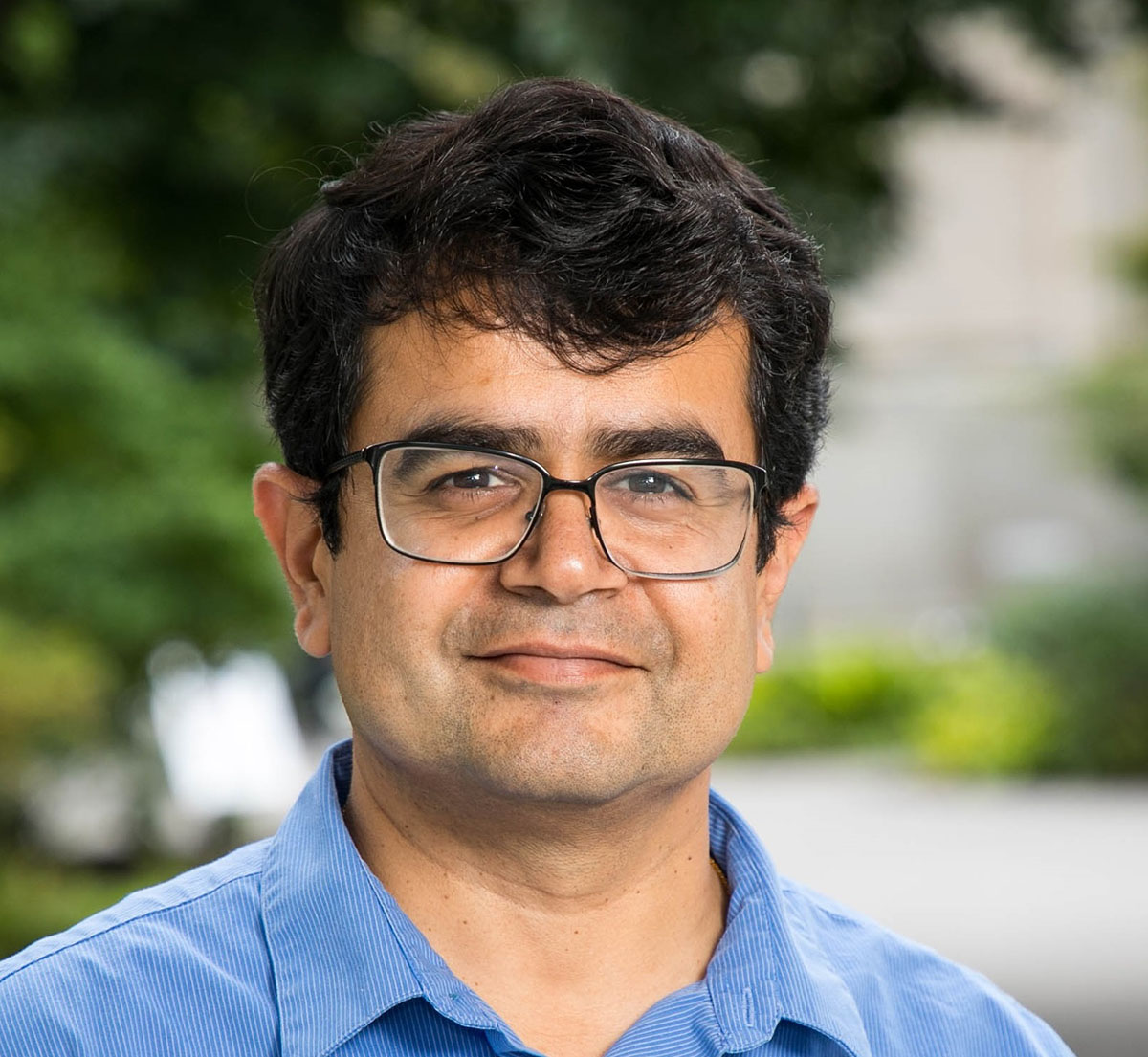Tejal Desai
Tejal Desai is the Ernest L Prien Endowed Professor and Chair of the Department of Bioengineering and Therapeutic Sciences within the Schools of Pharmacy and Medicine at the University of California, San Francisco (UCSF), the director of the NIH training grant for the Joint Graduate Program in Bioengineering at the University of California, Berkeley (UCB) and UCSF, and the founding director of the UCSF/UC Berkeley Masters Program in Translational Medicine.
Professor Desai’s research spans multiple disciplines including materials engineering, cell biology, tissue engineering, and pharmacological delivery systems to address issues concerning disease and clinical translation. She has published over 200 peer-reviewed articles. Her research is at the cutting-edge in precision medicine, enabled by advancements in micro and nanotechnology, engineering, and cell biology directed to clinical challenges in disease treatment. By taking advantage of the current understanding of how cells respond to engineered materials and the fabrication of well-defined extracellular microenvironments, she seeks to design new platforms to overcome existing challenges in therapeutic delivery.
Her research efforts have earned recognition including Technology Review’s "Top 100 Young Innovators,” Popular Science’s Brilliant 10, and NSF’s New Century Scholar. Some of her other honors include the Eurand Grand Prize Award for innovative drug delivery technology, the Young Career Award from the Engineering in Medicine and Biology Society (IEEE EMBS), the Dawson Biotechnology award, and both the UC Berkeley and Brown University Distinguished Engineering Alumni awards. Recently, she was named Chair-Elect of the American Institute for Medical and Biological Engineering College of Fellows. In 2015, she was elected to the National Academy of Medicine.
Professor Desai is a vocal advocate for STEM education and outreach to underrepresented minority students, collaborating with educational groups such as the Lawrence Hall of Science and the Exploratorium. She received her B.S. from Brown University in biomedical engineering and was awarded a Ph.D. in bioengineering jointly from UCSF and UCB.
Title: Modulating the Therapeutic Microenvironment using Micro and Nanostructured Biomaterials”
“Drug delivery across epithelial barriers (oral, transdermal, mucosal) remains the preferred route for drug administration. However, therapeutic macromolecular drugs currently under development cannot easily pass through epithelial tissue. A variety of delivery paradigms have been developed, including chemical permeation enhancers, physical disruptors, and mucuadhesive materials, to enable more effective delivery of therapeutic macromolecules across epithelium but clinical utility has been limited thus far. Nanostructured biomaterials may offer potential advantages over conventional drug delivery strategies by augmenting cytoadhesion and enhancing the transport of drugs, particularly protein therapeutics, through biophysical responses by the cell. In this talk, I will discuss the effect of nanostructured surfaces on the modulation of tight junction permeability and transport of key therapeutic molecules in vitro and in vivo. I will also discuss how micro and nanostructures can be used to control drug kinetics as well as modulate fibrosis and the immune microenvironment, presenting distinct biophysical cues to cells. The effect of geometry and the development of materials that can ultimately enhance therapeutic delivery is important for a broad range of diseases.”


